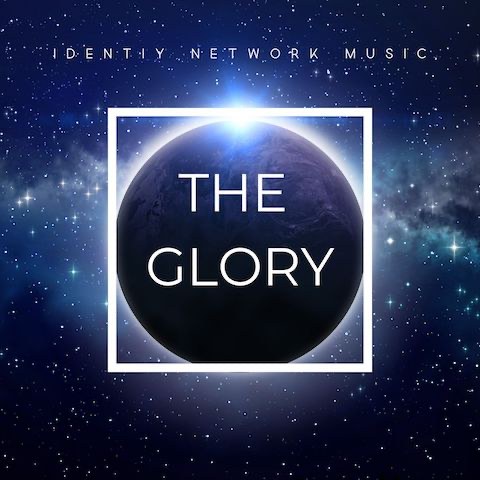The name YHWH—often rendered as Yahweh in English—holds profound significance in Jewish and Christian traditions. Known as the Tetragrammaton (the four-letter Hebrew name of God), YHWH transcends mere words, representing the divine presence that is both eternal and intimately connected to life itself. It is a name so sacred in Judaism that it is rarely spoken, often replaced with titles like Adonai (Lord) or Hashem (The Name).
But there is another, more mystical layer to YHWH’s meaning, one that connects this name of God to the very breath we take—our first breath at birth and our last breath at death. This interpretation deepens the spiritual and existential understanding of YHWH and underscores its connection to the life force within every human being.
YHWH and the Breath of Life
In Hebrew, YHWH lacks vowels, which means it is largely unpronounceable in the traditional sense. However, some scholars and mystics have suggested that the name YHWH could be more than a word—it might actually be an imitation of the sound of breathing. This interpretation invites us to think of God's name as woven into the fabric of our existence, present in each breath we take.
The letters Yod (י), Heh (ה), Vav (ו), and Heh (ה) in Hebrew may correspond to the sound patterns we make while inhaling and exhaling:
Yod (י) — The beginning of an inhale.
Heh (ה) — The release of that breath.
Vav (ו) — A continuation of life’s breath.
Heh (ה) — The exhale, the final breath.
From this perspective, God's name is not just written or spoken; it is breathed. Every human being speaks the name of God from the moment they are born with their first breath to the moment they die with their last. This profound connection implies that YHWH is present in all of us, sustaining us at every moment of life.
Breath and Spirit in Scripture
The connection between God and breath is not a new concept in spiritual tradition. In the Hebrew Bible, the word "ruach" means both "breath" and "spirit," linking the life force of humans directly to God’s creative power. In the Genesis creation narrative, it is said, "God breathed into Adam’s nostrils the breath of life, and he became a living being" (Genesis 2:7). This verse not only highlights the divine origin of human life but also associates God’s breath with the gift of existence.
Similarly, in Ezekiel 37, the prophet speaks of the valley of dry bones, where God's breath revives lifeless forms. This passage reflects the belief that life and vitality are infused by the breath of God. Breath is life, and life is a reflection of the divine presence.
The First Breath and the Last Breath: A Sacred Journey
Every breath is a sacred act, a repetition of the name of God. This understanding illuminates a new way to approach life itself. Our very first breath as infants is the moment we "speak" the divine name for the first time. At that moment, we enter into life with a declaration of God’s presence in us.
Throughout life, with every inhale and exhale, we unknowingly continue this prayer, this invocation of YHWH. It is constant, automatic, and fundamental. Even when words fail, when we are silent or in pain, the breath continues, and with it, so does our connection to the divine.
Finally, at the moment of death, our last breath becomes our final utterance of the divine name. The spiritual journey comes full circle, ending as it began, with a sacred exhalation of YHWH. In this way, YHWH is not just the God of creation but also of completion, present in both the beginning and end of our physical life.
A Call to Mindful Living
This interpretation of YHWH as the breath of life offers a beautiful invitation to live mindfully. If each breath is an invocation of God, then life itself becomes a continuous prayer. This perspective invites a deep reverence for life, for the breath we take, and for the divine presence within ourselves and others.
It encourages us to pause, breathe, and remember that we are never far from the divine. In moments of stress, fear, or uncertainty, simply breathing becomes an act of communion with God. It is a reminder of our sacred origin and destiny, a connection that we share with all living beings.
Conclusion
The name YHWH holds profound depth beyond its appearance in religious texts. By understanding YHWH as the sound of breath, we open ourselves to a view of God as ever-present, sustaining us through the sacred rhythm of life. From our first breath to our last, we are participants in a divine dialogue, a continuous prayer whispered through our very existence. This interpretation transforms how we experience life and death, emphasizing the intimate connection between God, breath, and the gift of life itself.
Patrick Carden







